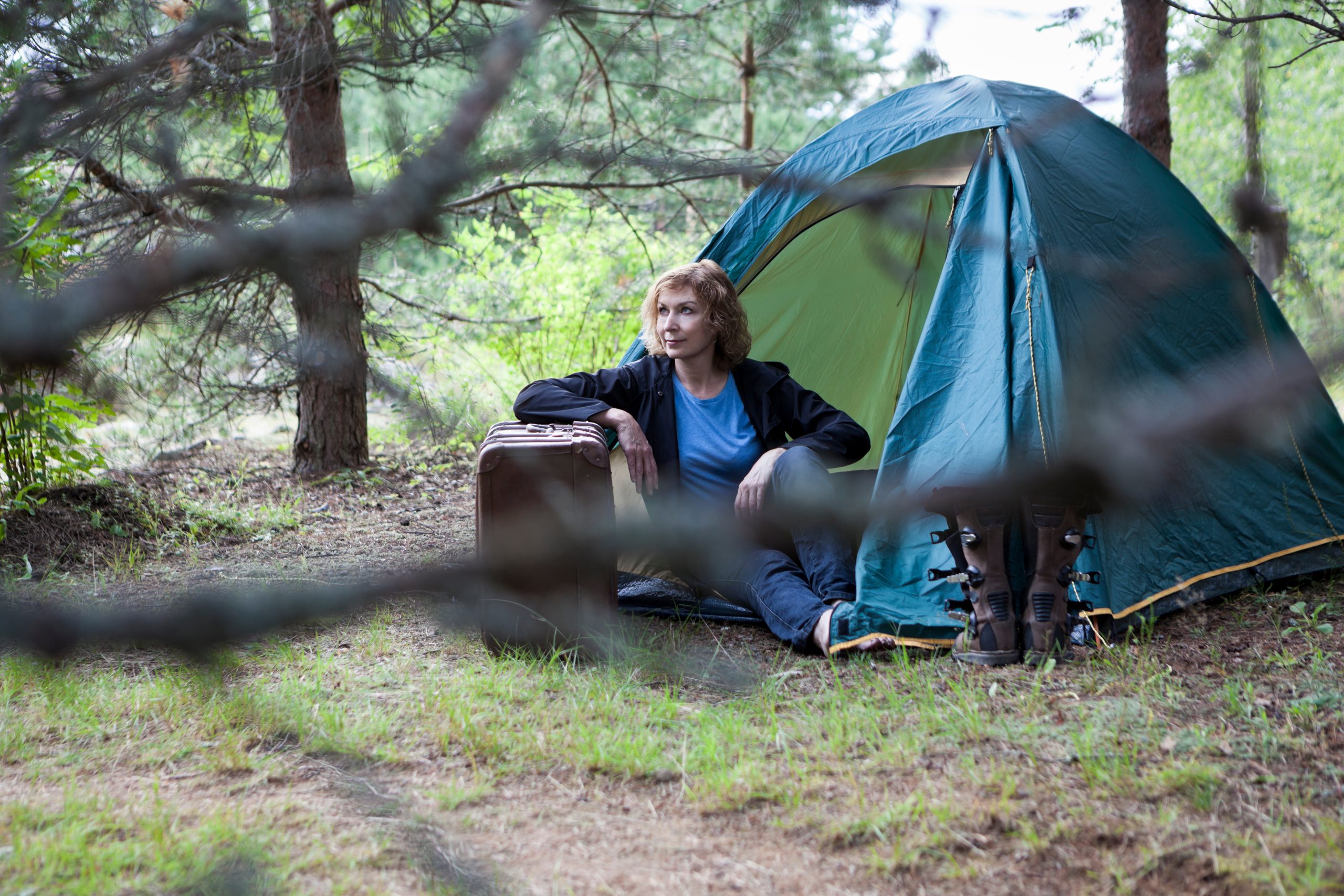Off-grid living, which entails disconnecting from public utilities and relying on renewable energy sources, is becoming an increasingly popular lifestyle choice. For seniors, this approach offers numerous benefits, including enhanced self-sufficiency, financial savings, and a closer connection to nature. Here’s a comprehensive guide on the benefits of off-grid living for seniors, along with practical tips and insights to help make this transition smooth and rewarding.
1. Financial Savings
One of the most significant advantages of off-grid living is the potential for substantial financial savings. By generating your own energy and reducing dependency on public utilities, you can significantly lower your monthly expenses.
Tips:
- Solar Power: Invest in solar panels to harness renewable energy from the sun. The initial setup cost is often offset by long-term savings on electricity bills.
- Water Harvesting: Implement rainwater harvesting systems to reduce water bills. This can be as simple as using barrels to collect rainwater for garden use or more complex systems for household water needs.
- Energy Efficiency: Use energy-efficient appliances and LED lighting to minimize energy consumption.
2. Enhanced Self-Sufficiency
Living off-grid fosters a sense of self-sufficiency and independence. Managing your own resources and reducing reliance on external services can be incredibly empowering.
Tips:
- Gardening: Grow your own fruits and vegetables to ensure a steady supply of fresh, organic produce. Raised garden beds and container gardening can make this task easier and more accessible.
- Livestock: Consider raising small livestock like chickens for eggs or goats for milk, providing a sustainable source of food.
- DIY Skills: Learn basic DIY skills, such as carpentry, plumbing, and electrical work, to maintain and repair your systems independently.
3. Health and Well-Being
Off-grid living encourages a healthier lifestyle by promoting outdoor activities and reducing exposure to urban pollution. Gardening, physical maintenance tasks, and spending time in nature can improve both physical and mental well-being.
Tips:
- Physical Activity: Engage in daily physical activities like gardening, walking, and maintaining your property to stay fit and active.
- Healthy Diet: Grow organic produce and raise livestock to enjoy fresh, chemical-free food, which can improve overall health.
- Mental Wellness: The tranquility and slower pace of off-grid living can reduce stress and promote mental wellness. Regular exposure to nature has been shown to enhance mood and cognitive function.
4. Environmental Impact
Reducing your carbon footprint and living sustainably is a significant benefit of off-grid living. By using renewable energy and sustainable practices, you contribute to environmental conservation and reduce your impact on the planet.
Tips:
- Renewable Energy: Utilize solar, wind, or hydro power to generate clean energy for your home.
- Composting: Implement composting practices to reduce waste and create nutrient-rich soil for your garden.
- Conservation: Practice water and energy conservation techniques to minimize resource use and waste production.
5. Community and Connection
Off-grid living often fosters a strong sense of community and connection with like-minded individuals. Many off-grid communities share resources, knowledge, and support, creating a network of mutual assistance and camaraderie.
Tips:
- Local Networks: Join local off-grid communities or online forums to connect with others who share your lifestyle and values.
- Skill Sharing: Participate in skill-sharing workshops or events to learn new techniques and share your expertise with others.
- Volunteer: Get involved in community projects or environmental conservation efforts to contribute to the greater good and build strong social connections.
